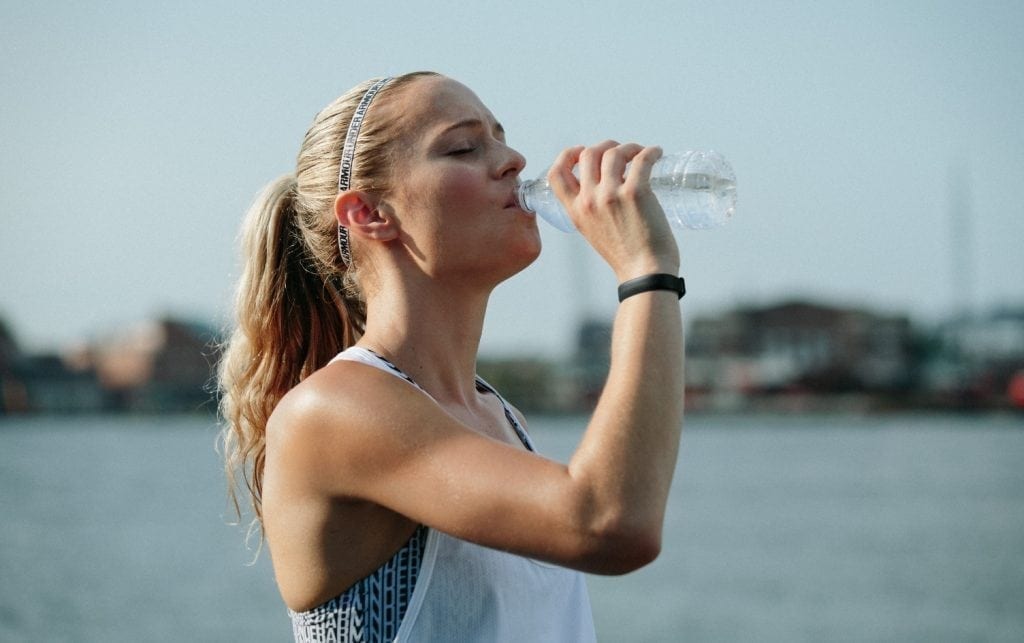What Is Water Weight?
Water makes up 60% of your body weight, and it’s one of the first things you lose. Weight decreases as a change in muscle, fat and water.
Fat mass doesn’t change quickly, but you can lose as much as five pounds of water in a day. The average 24-hour urine loss is about 1.8-4.4 pounds because water is heavy. By contrast, it’s virtually impossible to burn off a pound of fat in a day.
Why Water Weight Comes Off Faster Than Fat
Most people think with a weight-loss goal eat fewer calories, carbs or both and exercise more often. When you cut calories and carbs, the first place your body dips into for extra energy is glycogen(carbohydrates), which is in the liver and skeletal muscles. Glycogen is stored with lots of water, so tapping into it releases a lot of water. Exercising more often will also cause you to lose water weight through sweat. You’re losing fat but slower than water.
6 Factors That Affects Water Loss
- Low-Carb Diets: Cutting carbs releases water because your body taps into its glycogen storage.
- High Protein Diets: More protein intake enhances weight loss, you lose more water through urine.
- Salt: Your body retains water to dilute excess sodium from a high-salt diet. This also increases blood pressure and makes your heart work harder.
- Caffeine: It’s a mild diuretic, meaning it increases urination and water loss. This effect is stronger for new to or deprived of caffeine.
- Alcohol: Alcohol prevents the release of vasopressin, a gland hormone that regulates how much water is lost through urine. Water loss is a side effect of drinking alcohol, though this is not a good solution to get rid of water.
- Exercise: Intense workouts, especially in humid and hot weather, increases our sweat rate and water loss. many will weigh themselves before and after a workout to know how much water is needed to replace sweat loss. It’s known that even mild dehydration can negatively affect exercise performance.
Bottom Line
Water weight can be annoying since no one likes to feel bloated but thankfully it’s a short term issue. Water weight will fluctuate day-to-day. This is why weighing your self weekly is better than weighing yourself daily. Long term changes in body weight result in a change to lean muscle or fat, which is what you want. Finally, abstaining from water won’t help you lose weight—the opposite is true.


